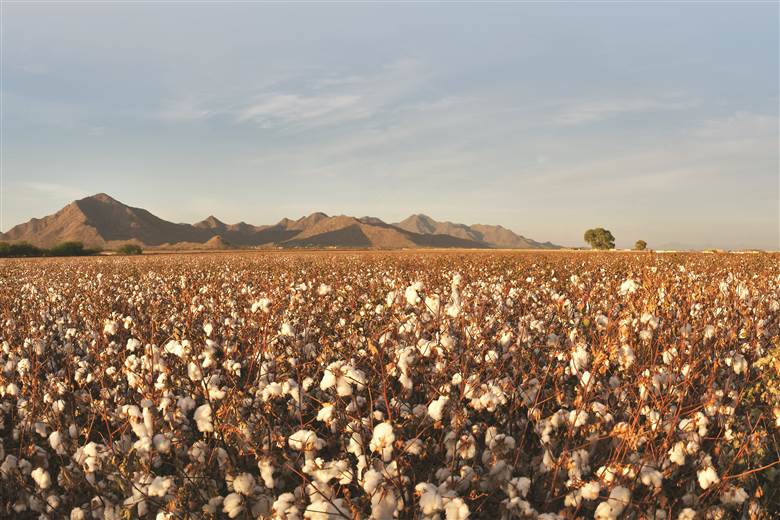Organic cotton farmers need better guarantees for it to work, says TE

A new report from the Textile Exchange shows that two-thirds of producers have problems sourcing organic cotton seeds, and 38% cited a premium of between only 1% and 5% for organic cotton over conventional.
The data - collected from producers, members and field partners in 14 countries – suggests 80% of land is rain fed, 20% of organic cotton farmers are women and 84% reported benefits for their community. Around 27% cited a premium of between 10% and 30% for organic cotton.
While the cost of farm inputs (seed, soil fertility, pest control ingredients) are generally lower than the price of chemical inputs, the cost of labour is of growing significance. All respondents reported labour, including the hiring of seasonal worker, as the most expensive component to organic production, accounting for between 50% and 66% of production.
The data has been used to create an online tool, the Organic Cotton Sustainability Assessment Tool (OC-SAT), to assess the environmental, economic and social aspects of organic cotton production.
“The aim was to assess the attributes of organic cotton beyond the criteria listed explicitly in the Organic Standards,” said the TE. “By doing so, we can more confidently articulate the alignment of organic cotton with the organic principles of ecology, health, fairness and care.”
The key messages from the report, according to the TE, include:
• Despite the many benefits associated with organic cotton farming systems, “going organic” is still a risk for farmers, and in many cases reward for effort is uncertain;
Organic cotton sustainability cannot be achieved without incentivizing farmers and improving business security;
• risks and reward need to be fairly shared between all members of the value chain for farmers to stay in organic and for the organic cotton sector to thrive; and
diversification of crops, sources of income and social diversity is key to the autonomy and empowerment of farmers and increasingly is a tool for mitigating the impact of climate change.
“The OC-SAT could provide both an approach to ongoing sustainability assessment reporting, and also a pragmatic tool for supply chains to share information, make decisions, and for business-to-business or even business-to-customer communication,” added the TE.
The TE is an international non-profit organisation 'committed to a more sustainable textile industry'.










